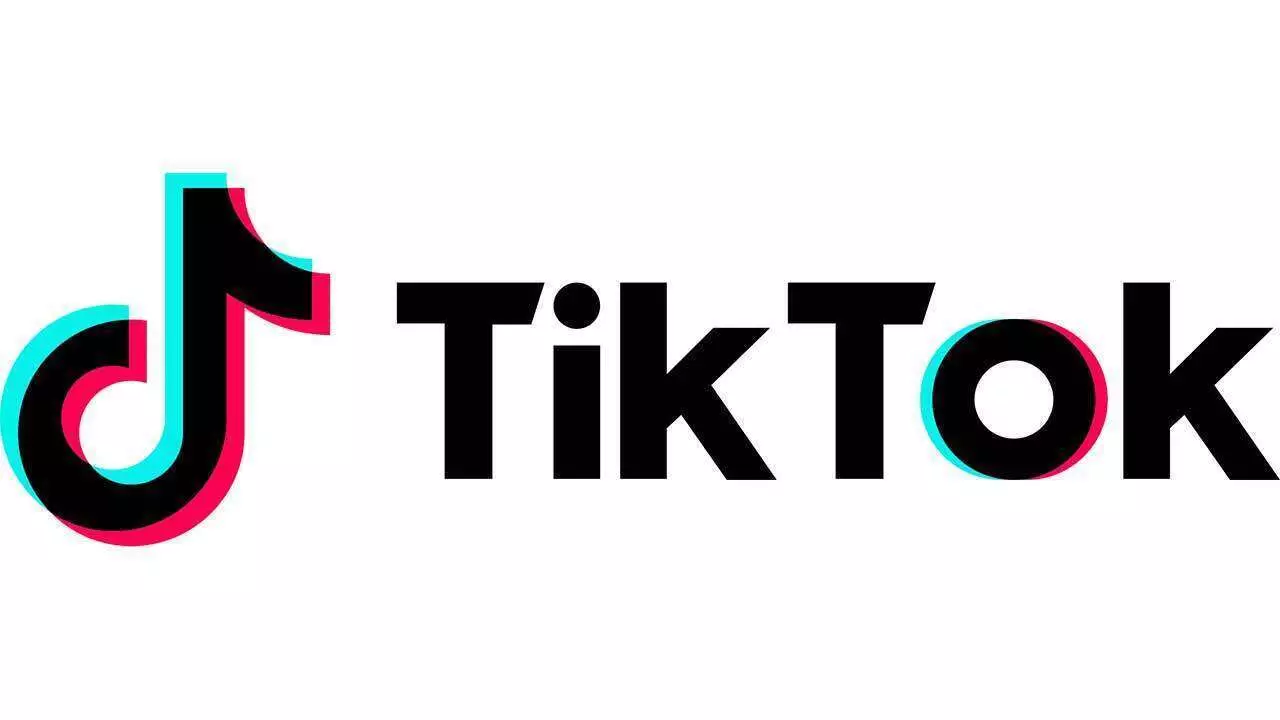The recent ruling by the United States Supreme Court to uphold a ban on TikTok has sparked heated discourse surrounding free speech rights, national security, and corporate governance in the tech industry. This decision signifies a critical moment in the ongoing discourse over the regulation of foreign-owned applications and their potential risks to national security, particularly in the context of China’s growing influence over technology.
The main crux of the Supreme Court’s decision rested on the government’s argument linking TikTok to serious data privacy concerns. The court adjudicated that the legislative intent was not an infringement on First Amendment guarantees. Instead, lawmakers articulated that the protection of consumer data and safeguarding national interests warranted stringent measures. This bipartisan initiative highlighted a rare instance where political factions aligned to address perceived threats posed by foreign entities, reflecting an increasingly cautious approach towards digital platforms owned by companies like ByteDance Ltd.
As the ban is scheduled to commence on January 19, coinciding with the inauguration of President-elect Donald Trump, the aftermath of this ruling raises questions about the political landscape and enforcement strategies. President Biden’s previous endorsement of the ban stands in stark contrast to Trump’s more lenient stance on TikTok, emphasizing a potential pivot in policy priorities. Trump’s vague intentions to preserve access to TikTok present a quandary, as the law stipulates mechanisms for pauses if constructive negotiations are underway — a point that remains ambiguous from the administration’s vantage.
For ByteDance, the parent company of TikTok, navigating the complexities of American law poses significant challenges. During oral arguments, legal representatives voiced concerns that divesting TikTok would be hindered not only by American regulatory stipulations but also by Chinese laws that constrain the exportation of proprietary technology, particularly their sophisticated algorithm. This duality of regulation underscores the intricate realities of cross-border technology ownership and the geopolitical intricacies at play.
Despite its potential shutdown in the U.S., TikTok has cultivated a vibrant cultural realm, becoming a hub for digital creativity and engagement, notably within the gaming community. The app serves as a platform where gamers express their creativity through music, sound effects, and interactive content. Therefore, the whiplash of a sudden ban could have substantial ramifications, not just for users but also for marketing, content creation, and the overall dynamics of social media engagement.
In essence, the Supreme Court’s ruling on the TikTok ban not only encompasses legal and political dimensions but also reverberates through the cultural fabric of a digital generation. The future of TikTok in the U.S. remains uncertain, teetering between regulation, corporate maneuvers, and user demand. The development of this situation is one to watch, as it exemplifies the broader conversations about data privacy, national security, and the role of technology in our lives.

